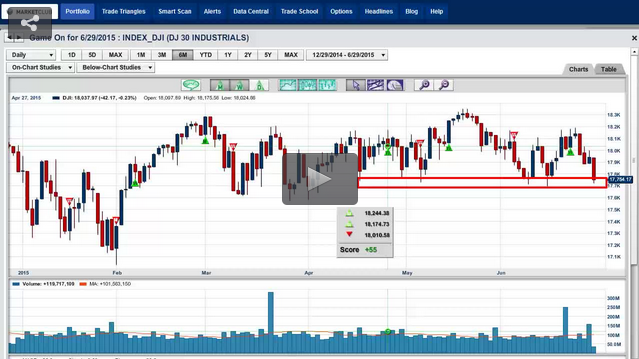
One of the most exasperating novels I've ever read is Of Human Bondage by W. Somerset Maugham. The "hero" of the novel, Philip Carey, is hopelessly infatuated with Mildred Rogers, an unattractive, sickly, boorish shop girl several social rungs lower than himself. She takes horrible advantage of the good-natured generosity and sincerity of Carey, who time after time bails Mildred out of one self-created problem after another, only to be kicked in the pants (figuratively, of course) for his trouble and good intentions. And yet he continually comes back for more.
While you're reading the book (or watching one of the movies based on it), you keep asking yourself: When the heck is Carey ever going to wake up and smell the coffee?
Does this sound like any current European crisis you may have read about recently in the financial media? Continue reading "Time For Europe To Cut Its Losses"


